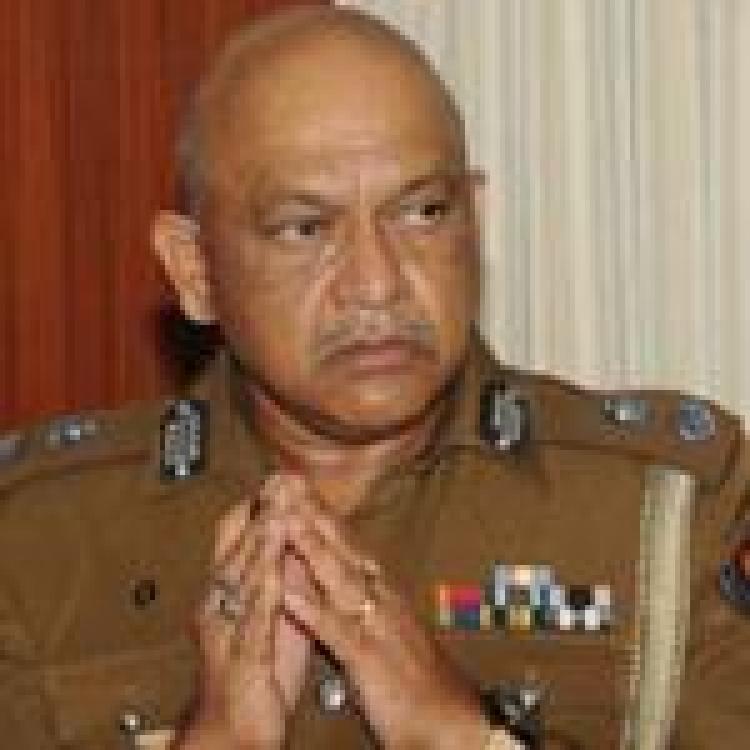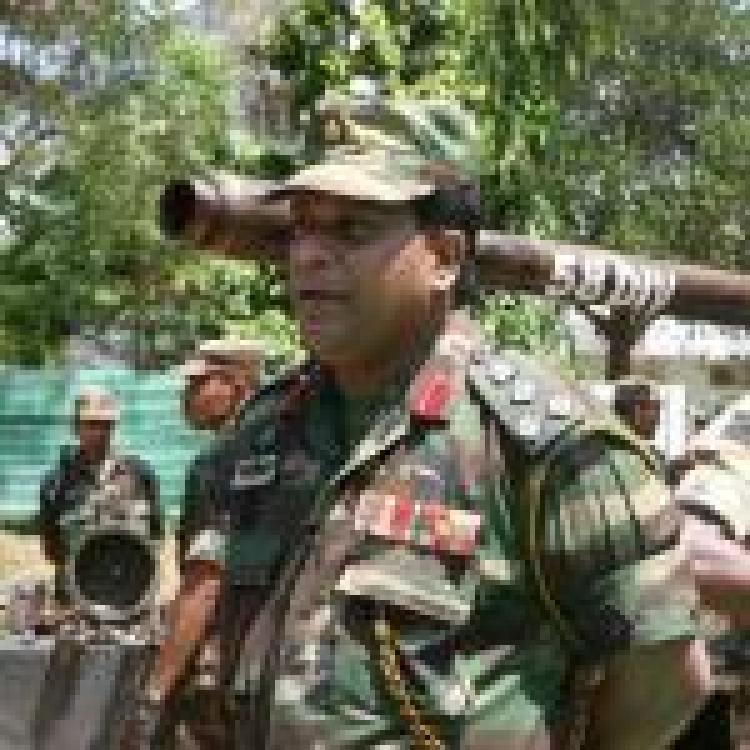<p>Following the outbreak of coronavirus on the island, “Sri Lanka’s inspector general has ordered police to arrest those who ‘criticise’ officials involved in the coronavirus response, or share ‘fake’ or ‘malicious’ messages about the pandemic,” writes Meenakshi Ganguly, the South Asia Director at Human Rights Watch (HRW).</p>
<p>“Blanket censorship and threats of arrest for speech not only violate Sri Lanka’s obligations under international human rights law, but are counter-productive,” she added.</p>
<p>“Sri Lankans’ concerns that their rights will be respected are particularly crucial since President Gotabaya Rajapaksa has assigned the army chief to lead Sri Lanka’s coronavirus response. Gen. Shavendra Silva, who heads the National Operation Centre for Prevention of COVID-19 Outbreak, faces credible allegations of war crimes during the final months of Sri Lanka’s long civil war. Ethnic Tamils, Muslims, and critics of the government, who have long borne the brunt of security force abuses, will be especially concerned that their civil and political rights will not be respected.”</p>
<p>“A failure to uphold the right to freedom of expression during the pandemic undermines basic human rights and could undermine trust in government actions.”</p>
<p>Read full text <a href="https://www.hrw.org/news/2020/04/03/sri-lanka-uses-pandemic-curtail-fre…">here</a>.</p>
We need your support
Sri Lanka is one of the most dangerous places in the world to be a journalist. Tamil journalists are particularly at threat, with at least 41 media workers known to have been killed by the Sri Lankan state or its paramilitaries during and after the armed conflict.
Despite the risks, our team on the ground remain committed to providing detailed and accurate reporting of developments in the Tamil homeland, across the island and around the world, as well as providing expert analysis and insight from the Tamil point of view
We need your support in keeping our journalism going. Support our work today.


